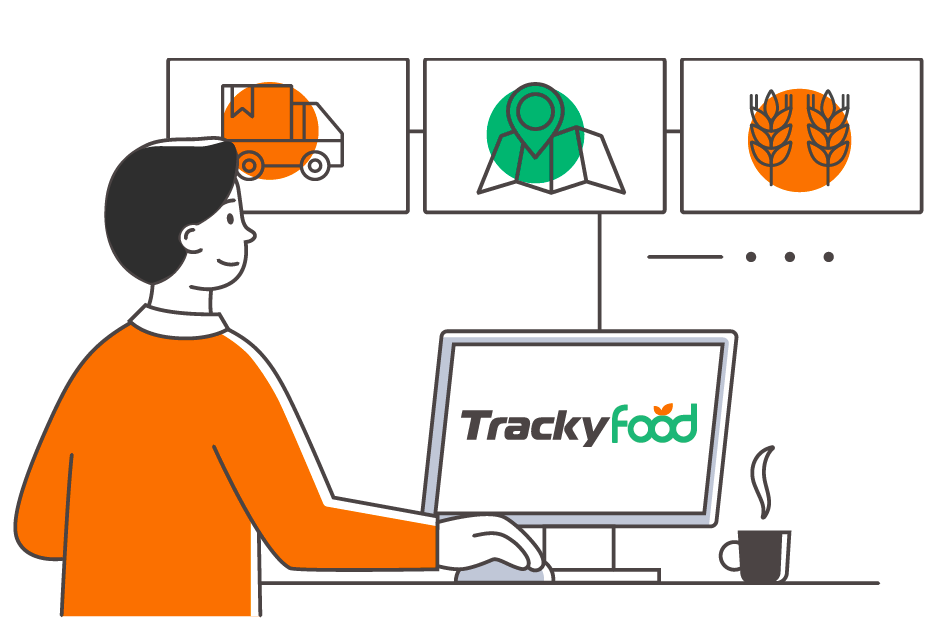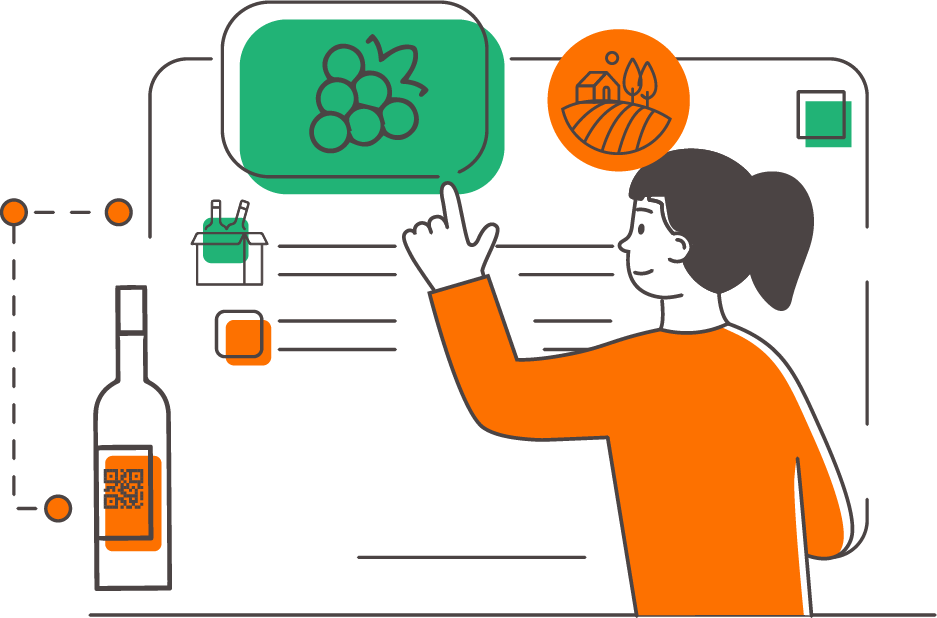
The Global Consumption of Panettone: Tradition, Quality, and Traceability
Panettone, one of the most iconic symbols of Italian pastry, has captivated an increasingly large audience over the decades, transcending national borders and becoming a staple of holiday celebrations worldwide. However, this global expansion brings a significant challenge: maintaining the authenticity, quality, and transparency of the ingredients that define true artisanal panettone.
The Global Rise of Panettone
Originally born in Milan, panettone now enjoys international appeal. In Europe, it is a classic Christmas treat in countries like France, Germany, and Spain. In the United Kingdom, panettone is seen as a refined alternative to traditional Christmas puddings, while in the United States, it is appreciated for its softness and authentic flavors.
In Latin America, especially in countries like Brazil and Argentina, panettone has become a tradition. Imported by Italian immigrants, it is now an essential part of Christmas celebrations. Similarly, in Asia, growing interest in luxury and high-end products has opened promising markets for Italian panettone, particularly in Japan, China, and South Korea.
But how can the authenticity of the product be ensured in such diverse markets? The answer lies in the producers’ ability to monitor and communicate the quality and origin of raw materials through increasingly advanced traceability systems.
Traceability: A Necessity for the Modern Market
Today, consumers are more conscious of what they put on their tables. The origin of ingredients, environmental respect, and sustainability have become key criteria for product choice. In this context, food traceability is not just an added value but a fundamental requirement.
TrackyFood is one of the platforms revolutionizing this sector. It allows producers to track every phase of the production process, from selecting raw materials to distributing the final product. This system not only guarantees quality but also fosters trust with consumers by offering transparency and safety. For further reading on the importance of food traceability, explore articles like those on Food Safety News or the insights provided by Food Navigator.
Albertengo Panettoni: Tradition and Innovation
An excellent example of how traceability can be integrated into artisanal production is Albertengo Panettoni, a historic company that has skillfully combined tradition with innovation. Located in the heart of Piedmont, Albertengo uses only top-quality ingredients such as fresh butter, eggs from selected farms, and artisanally processed candied fruit.
Through its partnership with TrackyFood, Albertengo ensures complete traceability of every ingredient for its customers. This means that every panettone produced carries a story of transparency: from the origin of the wheat used for the flour to the sultanas sourced from the best international suppliers. To learn more about Albertengo’s activities, visit their official website Albertengo Panettoni.
Other Producers Embracing Traceability
Albertengo is not an isolated case. More and more panettone producers, both artisanal and industrial, are adopting traceability systems to meet the demands of an increasingly conscious market. Companies like Loison, Vergani, and Bauli are implementing similar technologies to ensure the authenticity and quality of their products.
This approach not only enhances consumer trust but also provides a competitive edge. In a global market with intense competition, certifying the origin and quality of raw materials becomes a distinguishing factor. Insights into how Italian companies are innovating in the food sector can be found on Specialty Food News and Global Food Safety Resource.
The Challenge of Sustainability
Beyond quality, sustainability is a crucial issue for the future of the industry. Consumers want to know that their panettone was produced with respect for the environment and local communities. Traceability also offers a solution here, allowing producers to monitor the environmental impact across the supply chain and adopt more sustainable practices.
Conclusion
Panettone is not just a dessert; it is a symbol of tradition, craftsmanship, and innovation. Its growing popularity worldwide attests to the value of Made in Italy but also imposes a responsibility: ensuring that every product reflects the quality and transparency standards consumers expect.
Thanks to platforms like TrackyFood and the commitment of producers like Albertengo, the future of panettone is brighter than ever. Traceability is not just a response to market demands but a path toward a more ethical and sustainable production model, capable of valuing the work of those who bring this unique product to our tables every day. For further details on traceability systems and their impact on the food sector, explore resources available on The Food Institute and Food Business News.
Want to learn how Trackyfood can help you implement an effective traceability system? Contact us today!
More news
Read the news we have selected for you. Lots of curiosities and information on the world of food.
The 5 Myths About Food Traceability
Food traceability has become an essential component of the mod..








